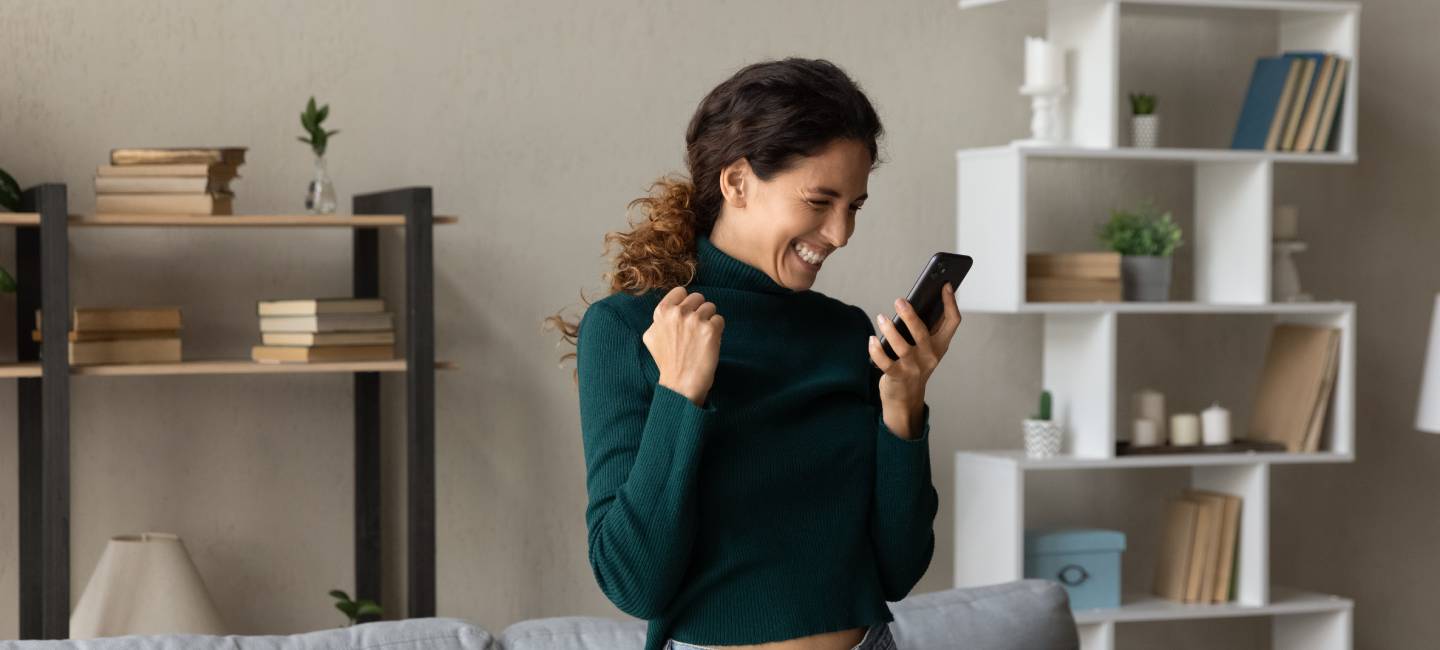Latest articles

Why loyalty to your bank could be costing you £300 a year
Savers who stay loyal to big banks may miss out on far better rates. Learn how to boost the interest you earn.

7 red flags to avoid when buying a home
Recognising these red flags early can save you time, money and headaches.

Could the UK really move away from Visa and Mastercard?
We explain the changes being discussed and what they could mean for your finances.

Premium Bonds rate cut: should you keep them or cash out?

Inheritance tax planning: 7 mistakes that increase your bill
Is your IHT planning watertight? We reveal the most frequent errors.

Get a great rate on your savings from Saga Money
Why you could be earning interest now instead of waiting until the new tax year.

Saga Mortgages
Provided by Tembo
Find out all you want to know about mortgages with expert advice.
Saving and investing
Get smarter with our savings and investment articles
Saga Easy Access Savings Account

Saga Easy Access Savings Account
Get your money moving with our great rate.
- 4.00% AER / 3.93% gross p.a (variable).
- Includes a bonus of 1.25% AER (fixed) for 12 months and an underlying rate of 2.75% AER p.a. (variable).
In partnership with NatWest. Interest paid monthly. Available to UK residents 18+ only.




.jpg?la=en&h=354&w=616&hash=45308A49847631A160FBFBF97F170540)







.jpg?la=en&h=476&w=1440&hash=837FB8339853DB5FFD43C9EE0EE78EDB)


















